OTHER / 2023.01.13
Welpa
"How to get along with changes in the body?" Special Report (2/3)
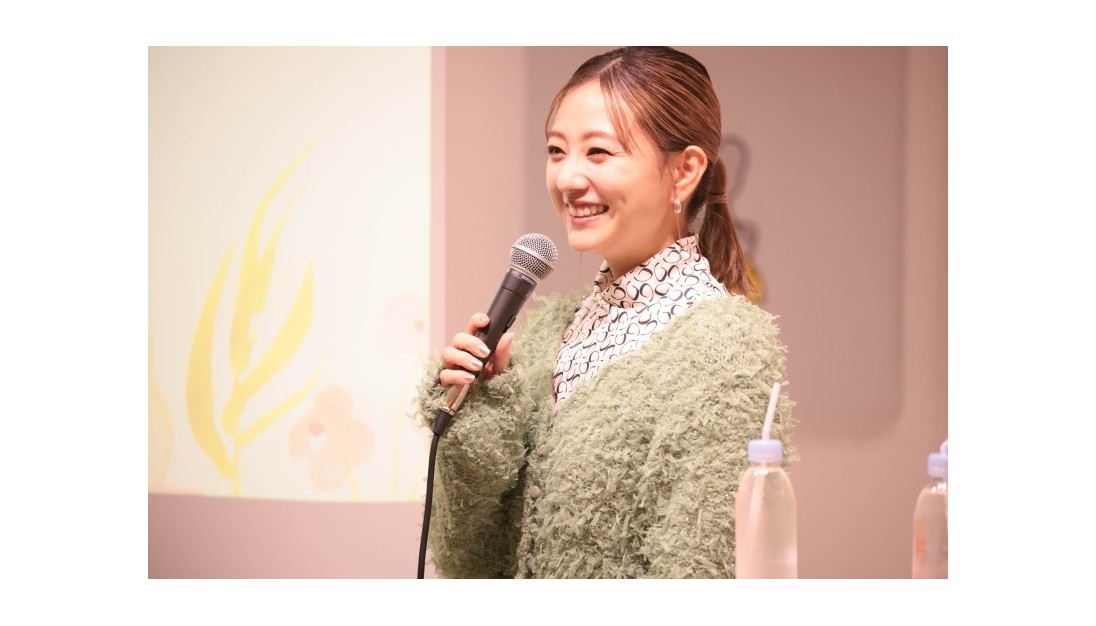
On November 21, at the SkiiMa Lounge on the 4th floor of Shinsaibashi PARCO, a special talk event "How to get along with changes in body?" It was held.
At the event, guests Chiaki Ito (talent / singer), the mother of one child and also active as a model and solo artist, appeared.
Hiroko Nakamura (fermata Co., Ltd.) of fermata Co., Ltd., a wellness business centered on Femtech, is the moderator.
In addition, Dr. Masahiro Yoshida, director of "Ladies Clinic Santakurusuzashinsaibashi", also spoke as an advisor, and explained the mechanism of women's bodies in an easy-to-understand manner as a medical expert.
A talk session was held with the crowd gathered on women's worries and concerns, and the latest Femtech items.
-
TextNaoko Kuroda
-
PhotoKazuki Watanabe
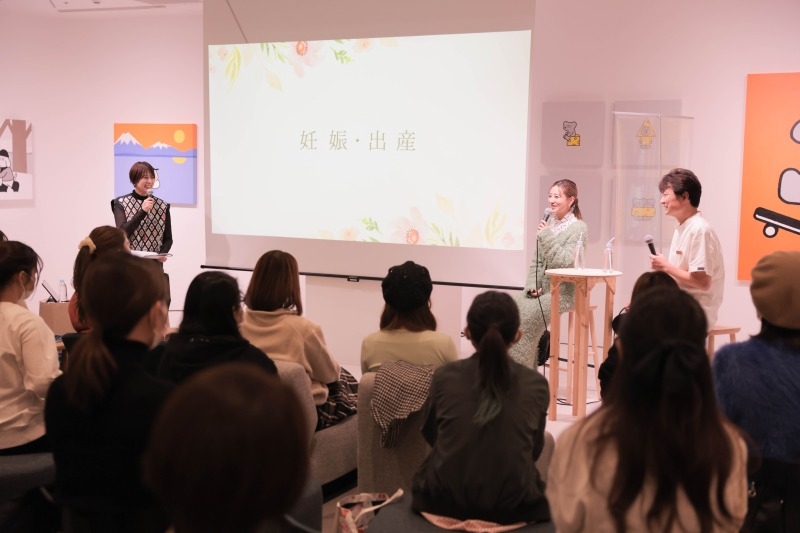
Nakamura: Next, I would like to have a talk session on "pregnant life, pregnancy-birth", which is common during the maturity period. Mr. Ito also experienced pregnancy and childbirth at the age of 31. Have you ever actually felt changes in your body from pregnancy to postpartum?
Ito: Just remembering, there was a lot of change (laughs). I was told by an obstetrics and gynecology teacher, but since I had been dancing all the time, I was very sensitive to changes in my body. In the early stages of pregnancy, I felt that the pelvis was shimishi, and I was surprised that the body changed so much. The bigger the baby in the stomach, the heavier the body and edema. Just before giving birth, my feet get cramped. I was listening to the story, but I wonder if there are so many symptoms.
Yoshida: There's only a Chinese medicine to prevent your feet from cramping.
Ito: Do you have such a Chinese medicine? I wanted to know it during pregnancy.
Nakamura: How was your physical change after childbirth?
Ito: When I finished giving birth, I thought that my stomach would shrink immediately after, but I was shocked by myself with my stomach stuck out because it wasn't as it was. There was a feeling that the bones on the waist were loose and the way of walking was biased, so I wish I had a little more knowledge about physical changes.
Nakamura: "Please let me know if you are aware of pregnancy and have any concerns from your twenties."
Ito: In his twenties, he was chasing his dream, hoping to live on his own work. I spent my days thinking of making good performances and good works because my body could be broken, rather than caring for my body to have a child someday. Because I was young, I had enough physical strength and energy to survive. But looking back, it's good to work hard on Gamsha, but as you get older, it will resonate later.
Nakamura: It's also important to take care of your body properly.
Ito: It's important to have a dream, but only if you have a physical body. You need a balance.
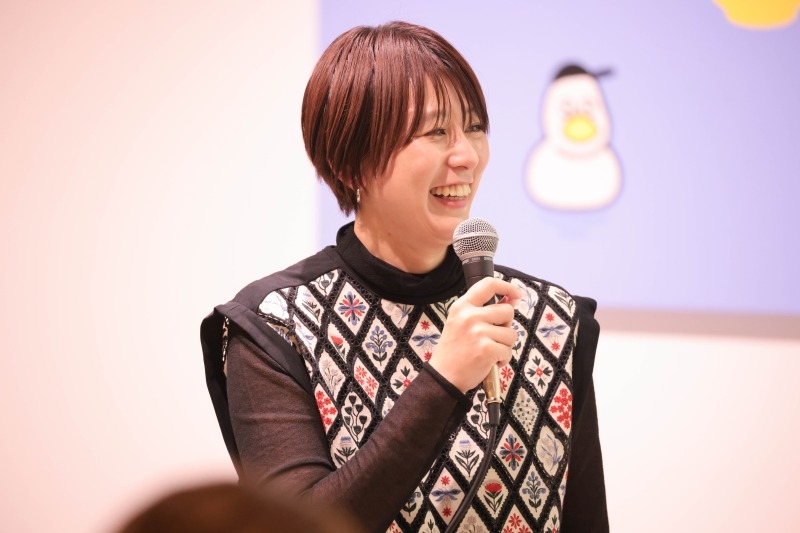
Nakamura: "Pregnant activity is not good because of irregular menstruation. Is there any improvement you can do on your own?"
Yoshida: The mechanism of pregnancy is very complicated, and it is common for those who come to the hospital for hope of pregnancy to understand the cause of infertility even if they do various tests. There are several treatments for pregnancy, such as in vitro fertilization, but some patients return saying, "I'm going to change my mood and go on a trip", and there are many results saying "I'm pregnant!" I'm not. It is also important to take on the challenge of pregnancy with a broad feeling. In addition, as Mr. Ito was dancing, gaining basic physical strength is very effective for childbirth and pregnancy.
Ito: Certainly, when I gave birth, I was praised by an obstetrics and gynecology teacher for "I often open my feet" (laughs). I guess the hip joint was soft because I was dancing and stretching.
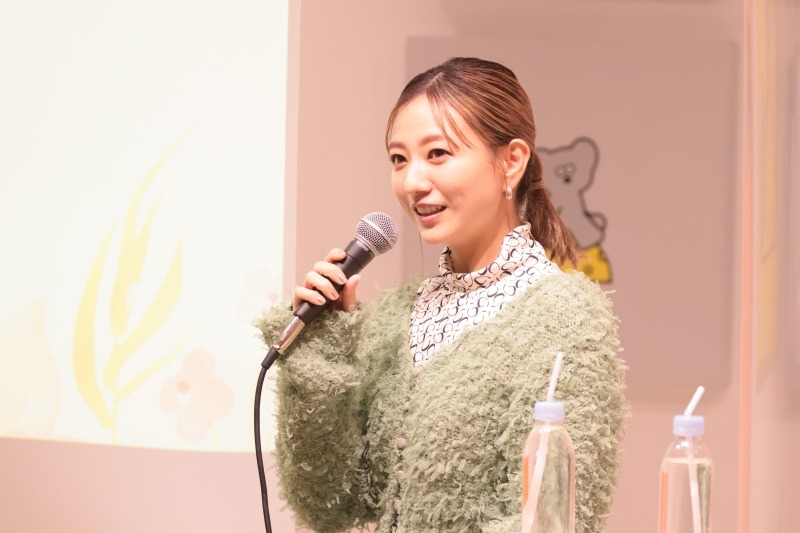
Nakamura: We have received comments saying, "Please give me advice to make your pregnancy positive and enjoyable."
Ito: It was also a measure during menstruation, but it means not to cool your body. I also realized that even when performing, the level of performance dropped just by cooling the body. The obstetrics and gynecology teacher was warned that my body would become painful later, so I worked hard to manage my weight so that I did not get too fat. My mother told me, "You don't have to eat for your baby."
Yoshida: With regard to weight management during pregnancy, the times have changed, and "slimness" is no longer a virtue. It has been announced at academic conferences that a certain amount of weight gain is a good thing. Overseas people don't care about gaining weight. Japanese people have a very low BMI, which also causes adverse effects. Nutrition management wants pregnant women to feel happy. During the consultation, the pregnant woman's face looks really good. I would like you to enjoy your pregnancy in the future rather than forcing patience at that time. I would like to tell you that pregnancy is great.
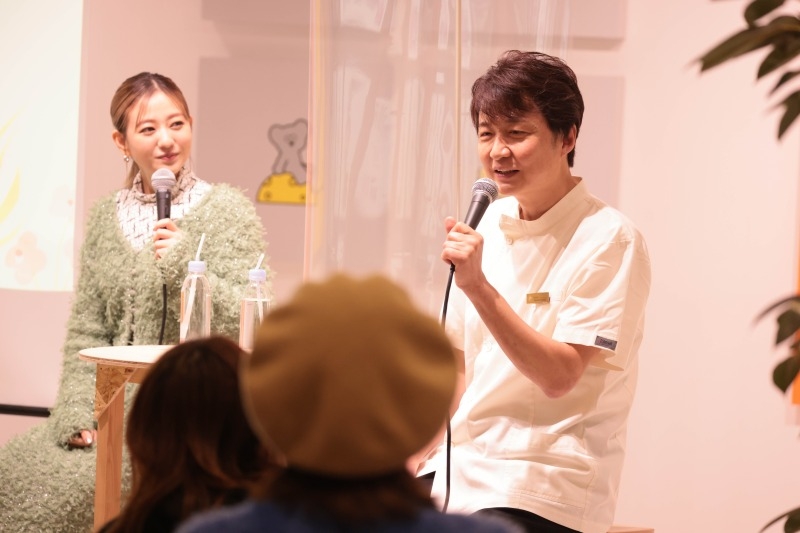
Nakamura: In addition, customers have received a question, "Please tell us about the risk of elderly birth."
Yoshida: Birth is not the only option of life. However, biologically speaking, giving births at young age can lead to cheaper births, and lower the risk of pregnancy complications such as gestational diabetes and gestational hypertension syndrome. Even though anti-aging is progressing, births have a significant impact on age. The second is the high miscarriage rate. When I'm in my forties, I get a miscarriage once every two times. If you want to think about pregnancy and childbirth in the future, we recommend that you know this information before planning your life.

